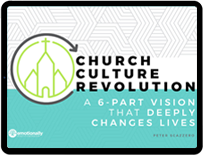"Quitting" in Asian Culture
Jiji Harner, from the Philippines, assisted me in my “I Quit” seminar in Singapore. I thank her for gathering these insights and helpful observations through her experience as a Filipina and her diverse experiences as a professional counselor. Quit being afraid of what others think…poses a much greater challenge in Asian Culture compared to Western culture. You could see the puzzle in the faces of the participants. “If I quit being afraid of what others think – then who will I become?” The desire to please and submit to authority has been inculcated in our minds. To undo this tendency is almost impossible because it is considered disrespectful, bad and ungodly to not do what those around you expect of you. To varying degrees Asian cultures tend to be other-directed, thinking: “How will others view my actions?” Instead of self-directed: “What do I think of my action?” People in Asian cultures tend to be. Read more.





